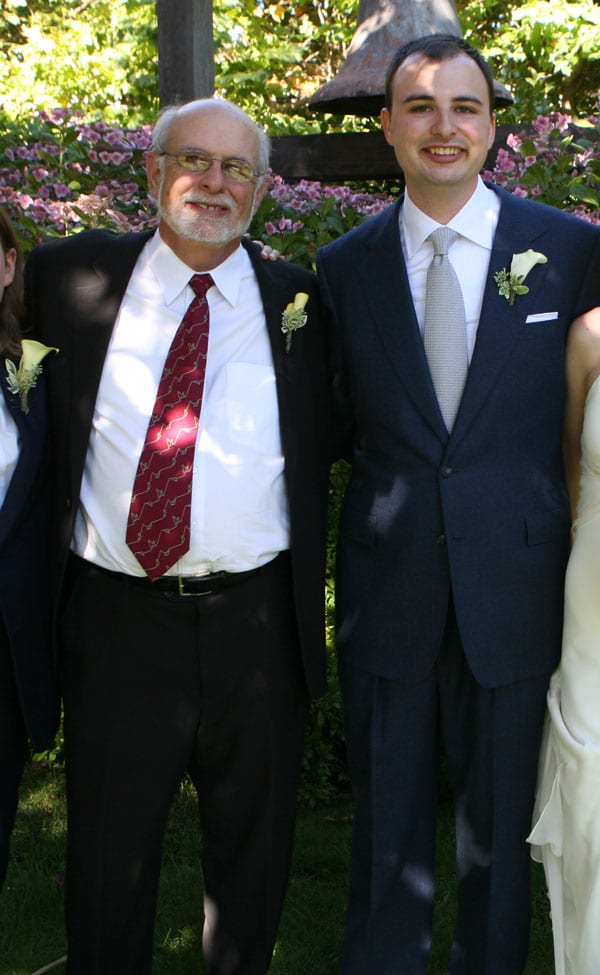
For all of my life and most of his, my father has struggled with a condition called post-traumatic stress disorder, or PTSD. It was precipitated by a combination of childhood trauma and military service. It has changed the way he relates to everyone, including my family.
Over the past twenty years or so, my dad’s engaged his PTSD and gotten much better. He certainly still has plenty of problems, but a combination of lifestyle changes, work with refugees from the bombing he was part of, medication, talk and cognitive-behavioral therapy have made a huge impact in his life, and in the lives of the rest of my family.
A few weeks ago, my friend Paul Gilmartin came by our studio to talk with us about PTSD and how it’s affected my dad’s life as a sufferer and mine as a family member. You can hear the resultant episode of Paul’s show The Mental Illness Happy Hour here.
I hope we can have some effect for sufferers and their families, first and foremost. If you may need help, get it. This is especially true for veterans – the VA can be a nightmare, I know from personal experience, but getting help is worth it. It can give you a fuller, richer life.
My maternal grandfather had PTSD (they called it “shell shock” then), and he was never able to get help. It helped break up his marriage and destroy his relationship with his kids. It doesn’t have to go like that. My brothers and I have a wonderful relationship with our dad, and that’s in large part thanks to the hard work he’s done engaging and addressing this condition.
Secondarily, I hope we can make a little bit realer the consequences of war. PTSD isn’t just common among soldiers and sailors. It also affects war’s civilian victims. War changes your brain, whether you’re a soldier or just a regular person caught up in a traumatic situation. For every soldier or civilian who loses a leg to a bomb, many are traumatized mentally in ways that will scar them for life. This is the cost of war that is not talked about, but must be.
Now, I will say this… this all sounds very heavy, but humor, at least in my family, is one of the most important coping mechanisms. It’s true for me, it’s true for my dad, and it’s true for my Stepmother, the funniest person in my family, who grew up in the troubles of Northern Ireland. Paul is a hilarious guy, and I remember getting in some good laughs among the serious business talks. Do give the show a listen.